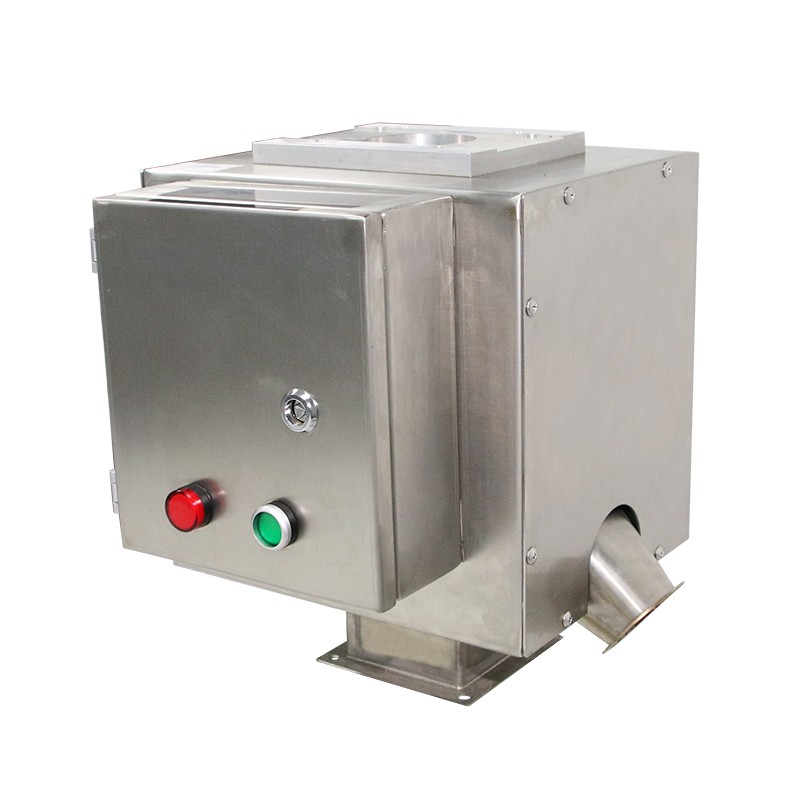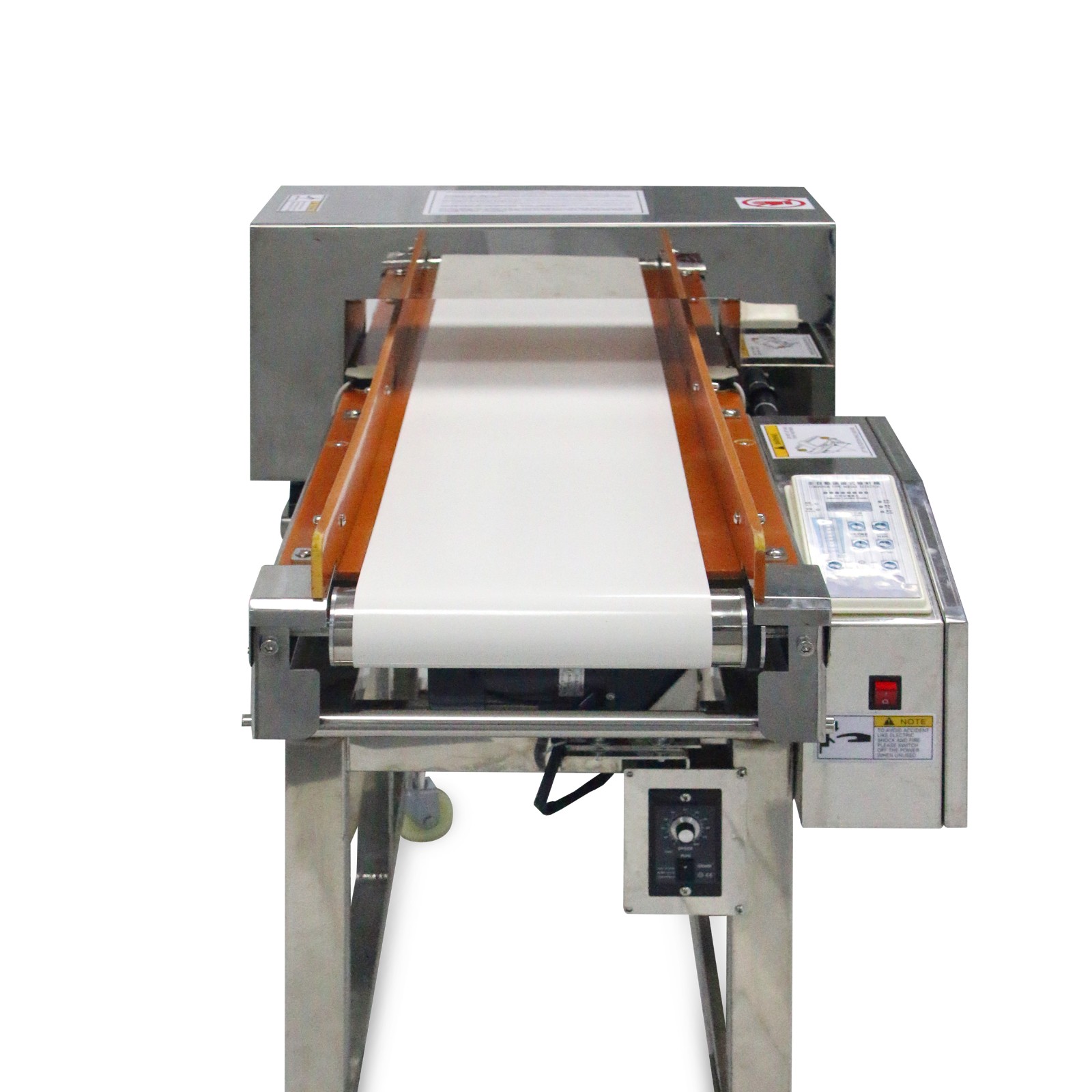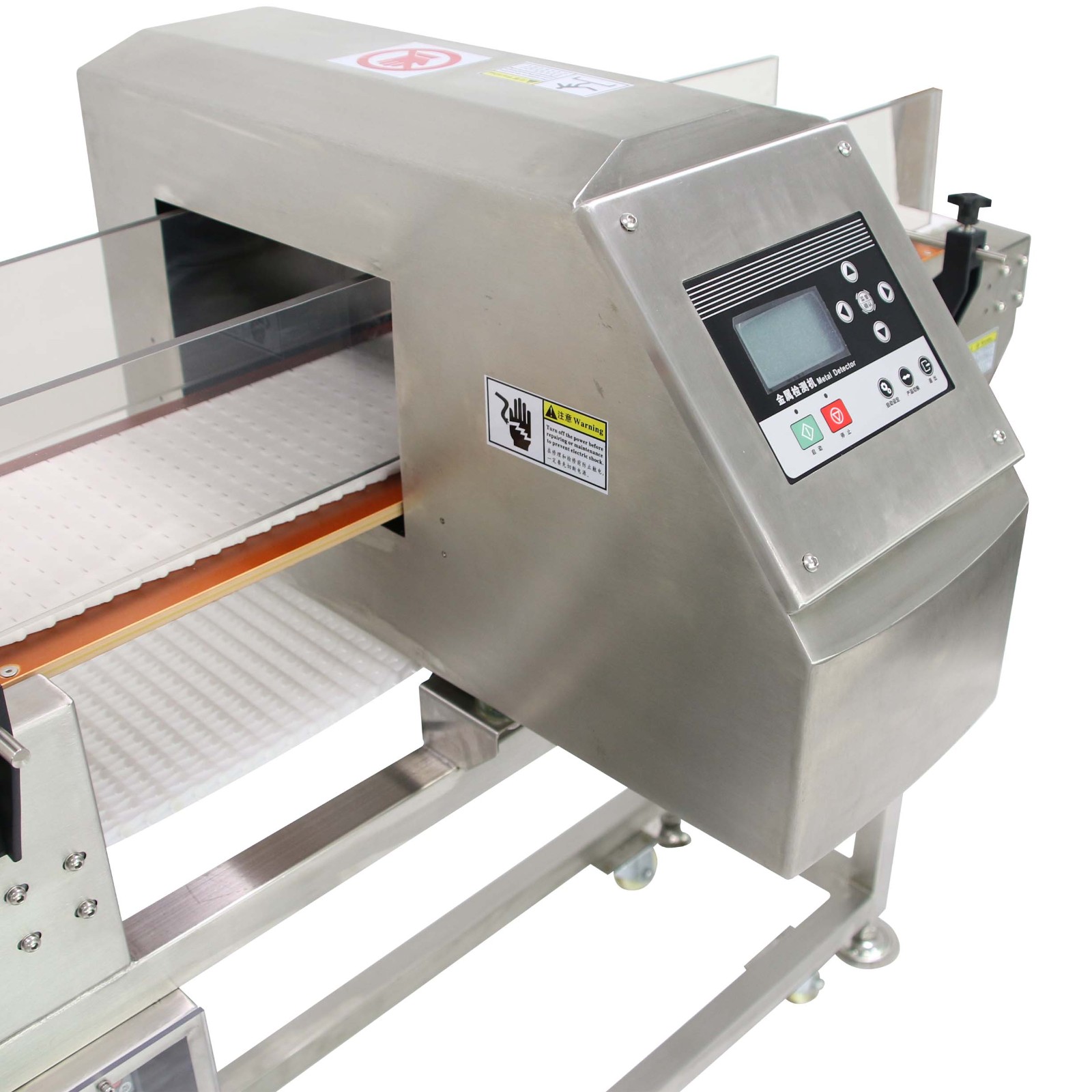Metal Detector for bulk products
Introduction to Metal Detection in the Food Industry
The food and beverage industry is heavily regulated when it comes to ensuring product safety and quality. This is especially true for bulk product processing, where large quantities of raw materials are processed and transformed into finished products. Contamination of bulk products can occur at any stage of production, from raw material handling to processing and packaging. Therefore, it is critical for manufacturers to implement effective metal detection solutions to minimize the risk of product contamination.
The Importance of Metal Detection in Bulk Product Processing
Metal detection technology is widely used in the food and beverage industry to identify and remove any metal contaminants from the production line. For bulk product processing, metal detection solutions need to be specifically designed to handle the high volume and speed of production. These solutions typically use conveyor systems to transport the bulk product through the metal detector, which is equipped with advanced software and hardware to detect and remove any metal contamination.
One of the key advantages of metal detection solutions for bulk product processing is their ability to detect even the smallest metal fragments. This is important, as even a tiny piece of metal can cause significant harm to consumers and damage a company's reputation. Metal detectors for bulk products can detect ferrous, non-ferrous, and stainless steel metals, ensuring that all types of metal contaminants are detected and removed.
Additionally, metal detection solutions can be customized to suit the specific needs of different bulk products. For example, products that are dense or have a high moisture content may require specialized metal detection systems. Advanced software and hardware can be used to optimize metal detection accuracy and minimize the risk of false positives.
Types of Metal Contaminants in Bulk Products
Metal detection solutions for bulk product processing also provide real-time data and feedback on the inspection process. Manufacturers can monitor the production line and make any necessary adjustments in real-time, ensuring that the inspection process is always optimized for maximum efficiency and accuracy. This real-time data also allows manufacturers to track and analyze trends over time, identifying any areas of the production line that may need further attention.
Another benefit of metal detection solutions for bulk product processing is their ease of use and maintenance. They are designed to be user-friendly and can be easily integrated into existing production lines. Additionally, regular maintenance and calibration can ensure that the metal detector is functioning at maximum efficiency, reducing the risk of false positives and minimizing downtime.
In conclusion, metal detection solutions are essential for ensuring the safety and quality of bulk products in the food and beverage industry. They offer advanced detection capabilities and real-time feedback, allowing manufacturers to identify and remove any metal contamination from the production line. Customizable solutions and easy maintenance make metal detection systems an effective and efficient solution for bulk product processing. Manufacturers who incorporate metal detection solutions into their production lines can produce high-quality products while safeguarding the health and well-being of their consumers.
Customizing Metal Detection Solutions for Specific Products
At DGviking, we understand that every product and production line is unique. That’s why we offer customizable metal detection solutions to meet the specific needs of your bulk product processing.
Our team of experienced engineers and technicians will work with you to design and implement a metal detection system tailored to your product and production requirements. Here’s how we do it:
Product Testing
Before designing a metal detection solution, we first need to understand the product being processed. We conduct thorough testing to determine the product’s physical properties, such as its density, moisture content, and conductivity. This information is crucial in selecting the appropriate metal detector and configuring the settings to ensure reliable and accurate detection.
System Design
Based on the product testing results, our engineers design a customized metal detection system that fits seamlessly into your existing production line. We take into account factors such as the product’s flow rate, container size and shape, and line speed to ensure maximum sensitivity and efficiency.
Metal Detector Selection
We offer a wide range of metal detectors, each with their unique capabilities and features. Based on the product testing results and system design, we select the metal detector that best suits your needs. Our detectors can detect both ferrous and non-ferrous metals, and some models even have advanced features like multi-frequency technology and automatic calibration.
Integration and Testing
Once the metal detection system is designed and the metal detector is selected, our team installs and integrates the system into your production line. We conduct thorough testing to ensure the system is functioning correctly, and the metal detector is detecting all types of metal contaminants accurately.
Training and Support
At DGviking, we pride ourselves on providing exceptional customer support. Our team provides comprehensive training on how to operate and maintain the metal detection system. We also offer ongoing technical support and maintenance to ensure your metal detection system continues to perform at its best.
Customizing Metal Detection Solutions for Specific Products is just one of the many ways we help our customers ensure food safety and quality. Contact us today to learn more about our customizable metal detection solutions and how we can help optimize your bulk product processing.




